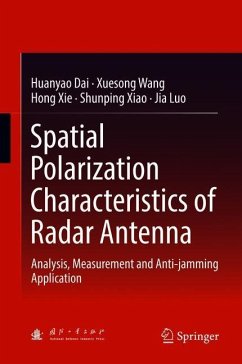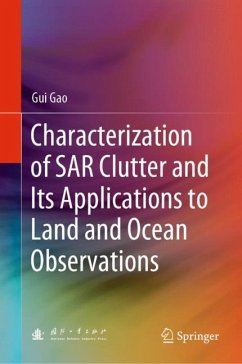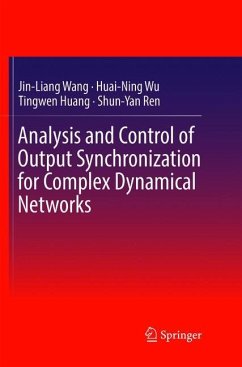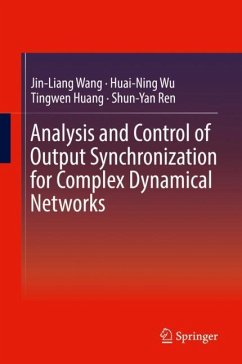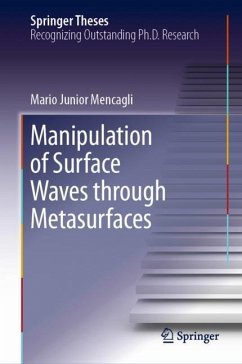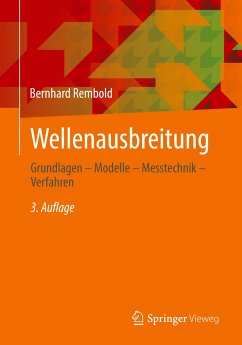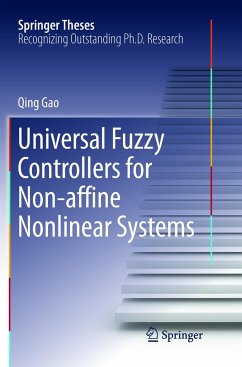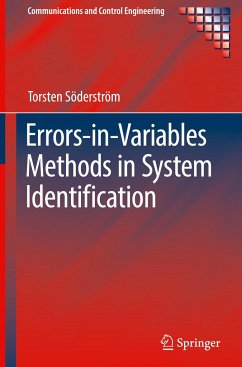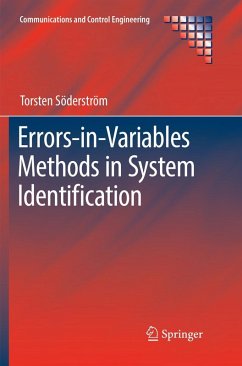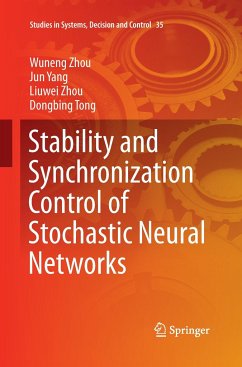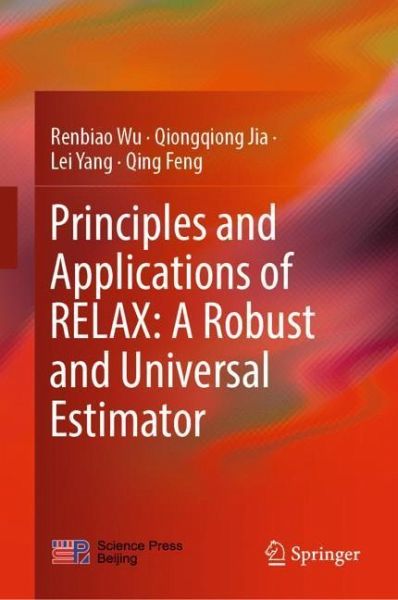
Principles and Applications of RELAX: A Robust and Universal Estimator

PAYBACK Punkte
38 °P sammeln!
The multiple signal demixing and parameter estimation problems that result from the impacts of background noise and interference are issues that are frequently encountered in the fields of radar, sonar, communications, and navigation. Research in the signal processing and control fields has always focused on improving the estimation performance of parameter estimation methods at low SNR and maintaining the robustness of estimations in the presence of model errors. This book presents a universal and robust relaxation estimation method (RELAX), and introduces its basic principles and application...
The multiple signal demixing and parameter estimation problems that result from the impacts of background noise and interference are issues that are frequently encountered in the fields of radar, sonar, communications, and navigation. Research in the signal processing and control fields has always focused on improving the estimation performance of parameter estimation methods at low SNR and maintaining the robustness of estimations in the presence of model errors. This book presents a universal and robust relaxation estimation method (RELAX), and introduces its basic principles and applications in the fields of classical line spectrum estimation, time of delay estimation, DOA estimation, and radar target imaging. This information is explained comprehensively and in great detail, and uses metaphors pertaining to romantic relationships to visualize the basic problems of parameter estimation, the basic principles of the five types of classical parameter estimation methods, and the relationships between these principles. The book serves as a reference for scientists and technologists in the fields of signal processing and control, while also providing relevant information for graduate students in the related fields.



